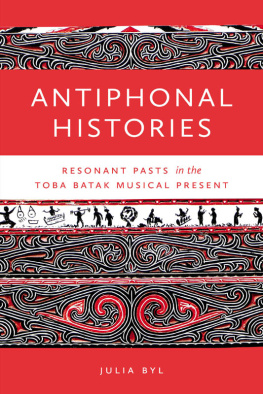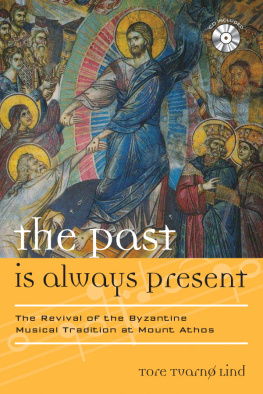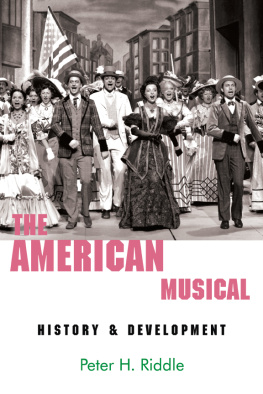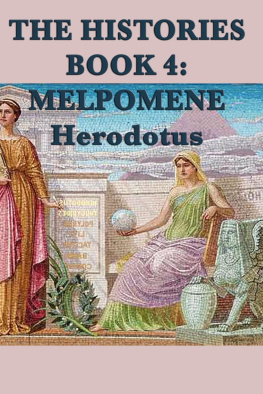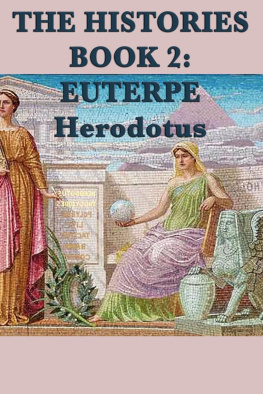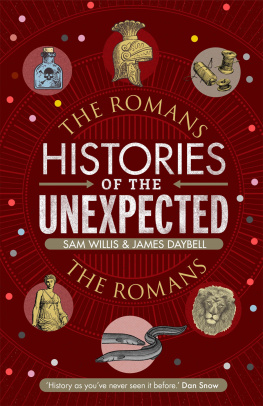
Antiphonal Histories
JULIA BYL

Antiphonal Histories

RESONANT PASTS IN THE TOBA BATAK MUSICAL PRESENT

WESLEYAN UNIVERSITY PRESS
Middletown, Connecticut
Wesleyan University Press
Middletown CT 06459
www.wesleyan.edu/wespress
2014 Julia Byl
All rights reserved
Manufactured in the United States of America
Designed by Mindy Basinger Hill
Typeset in Galliard by Integrated Publishing Solutions
Wesleyan University Press is a member of the Green Press Initiative. The paper used in this book meets their minimum requirement for recycled paper.
We gratefully acknowledge the support of the AMS 75 PAYS Endowment of the American Musicological Society, funded in part by the National Endowment for the Humanities and the Andrew W. Mellon Foundation.
Select music from Antiphonal Histories is available online at
http://www.wesleyan.edu/wespress/antiphonalhistories/
Library of Congress Cataloging-in-Publication Data
Byl, Julia, author.
Antiphonal histories : resonant pasts in the Toba Batak musical present / Julia Byl.
pages cm. (Music culture)
Includes bibliographical references and index.
ISBN 978-0-8195-7478-7 (cloth : alk. paper)ISBN 978-0-8195-7479-4 (pbk. : alk. paper)ISBN 978-0-8195-7480-0 (ebook)
1. MusicIndonesiaSumatraHistory and criticism. 2. Toba-Batak (Indonesian people)MusicHistory and criticism. 3. Toba-Batak (Indonesian people)Social life and customs. I. Title.
ML3758.I53B95 2014
780.9598'1dc23
2014001763
5 4 3 2 1
Cover illustration: Toba woodcarvings, Medan, North Sumatra. Photograph by Makarios Sitanggang.
For Sietske,
Frida,
and Tiamsa,
who went before,
and for Theo and Aloya,
who follow behind.
Contents

Select music from Antiphonal Histories is available online at
http://www.wesleyan.edu/wespress/antiphonalhistories/.
A track listing of online recordings appears on page 321.
Acknowledgments

I have heard more than a few people admit that a books acknowledgements are the pages they read most closely. So Ill restate something that comes later on in a less interesting segment: I believe it is the duty of an author to take ownership of his or her writing so that the ideas it expresses appear plainly as the interpretation of one individual. That is not to say that I got here on my own. I clear everyone whose help I have received of whatever errors and misinterpretations, mistranslations or imperfect recollections may lurk in the following pages. With one exception: if you find my voice annoying or my disclosures unwarranted, I lay the blame entirely at the feet of friends and colleagues. They read and critiqued but ultimately failed to rein in my excess. I extend their apologies on my behalf.
With that out of the way, I express my appreciation to the people who first inspired this project: the Sitohang family of Harian Boho. Guntur Sitohang and Tiamsa br HabeahanBapak and Omaas well as their children, Kak Mega, Bang Bakti, Kak Maya, Bang Togi, Bang Juni, Mona, Doni, Naldy, Seni, Tahan, and Elpi. Without the love and support of my second family (now four generations) over the eighteen years Ive known them, this project would have stalled many times. Their knowledge helped, too: Bang Togi, in particular, brought me to Toba music when I was an exchange student in the city of Medan, then ensured that I would stay with it the moment we walked into the village (through the graveyard) and met Bapak, my most important interlocutor and informant.
Thanks to Judith Becker for recognizing potential in my project, despite the clumsiness and navet of its early formulations. My extended cohort at the University of Michigan was too smart to let me stay too clumsy and nave for long. My committee members enlightened me in different ways: Nancy Florida modeled the ethical responsibilities of scholarship, Amy Stillman provided the crucial insight that theory must proceed from data and not the other way around, and Rich Crawfords red scrawl improved the dissertation at every page. Above all, though, Judith is responsible for the historical breadth and humanist depth I have aimed for here: if she had not made me cry at my qualifying exams, I never would have been pushed to expand beyond the present. I thank her, too, for not kicking me out of the program when I disappeared for a second research trip, announcing I was going to write my dissertation in the field.
I wish to recognize all of the institutions that supported this worksupport that I wish my Indonesian music colleagues had access to. A Fulbright-Hays grant enabled long-term research in Medan; a Ford Foundation initiative allowed me to integrate Indonesian scholarly voices into my work at a crucial stage in its development; and a Mellon postdoctoral grant allowed me to tie up loose ends. Colleagues at the University of Illinois, Pomona College, and St. Olaf College, including Donna Buchanan, Katherine Hagedorn, and Luying Chen, were supportive in small ways and large. I also need to thank my undergraduate institutionSt. Olaf Collegefor its commitment to undergrads abroad, which put the entire project in motion.
A move to the United Kingdom the month after I submitted the first draft of the manuscript for review was an absolute blessing. Although my interactions with colleagues at Kings College London made for chapters of revision, the work is infinitely better for it. Thanks to Katherine Butler Schofield, Jim Sykes, David Irving, David Lunn, Raja Iskandar bin Raja Halid, and Jenny McCallum for the eye-opening dialogues, and to the European Research Council for funding the Musical Transitions project generally, and my research in Indonesia specifically. is particularly indebted to the ERC project.
The staff and editors at Wesleyan University Press have made it abundantly clear what a blessing finding the right press can be. Annie Randall and Harry Berger supported the project at an early stage, and Deborah Wong and Sherrie Tucker brought it to completion. Parker Smathers, Leslie Starr, Lauren Seidman, and Margery Tippie have been infinitely patient with a constantly disappearing author. The generous editing of Jeremy Wallach is responsible for bringing structure to the flow and urging consideration for the reader. And much thanks to my informal editors, mapmakers, and computer geniuses: Mark Oliver, Philip Yampolsky, Kate Brucher, Jonathan Dueck, Uli Kozok, John Behling, Suzanne Bratt, Sandra Niessen, Liz Coville, Susan Walton, Syera Hutabarat, Abdur-Razzaq Lubis, and Kaethe Schwehn.
I am infinitely grateful to all of my informants in North Sumatra, in the village and in the city. I do not know all the palm wine stand men by name, but I have your voices in my head. To the members of Vythagoras, and to the fellow congregants of the Padan Bulan church. To all of the friends of the Sitohang family who have sat with me on the verandah. And, most definitely, to the family of Erika br Sinurat and Ito Lumbantoruan.
A deep, abiding debt to my parents and siblings. When you send a chapter to your older sister and get back thickets of line edits, and then you send anotherwhen your younger sister kindly makes you a sandwich for a day at the Widener Library and you take it out on the stately steps to find she has packed it in a primary-colored toddlers lunch boxyou have proof of strong, fond relationships. I have received this kind of rigorous support from all of my family, in their own ways. Much love to Chris, Liz, and Billy and all of the wonderful souls that belong to you. Annette and William Byl have provided the support and the standards that have made us such a close-knit family. Love to you all, and to the generations that have preceded and that follow.
Next page
